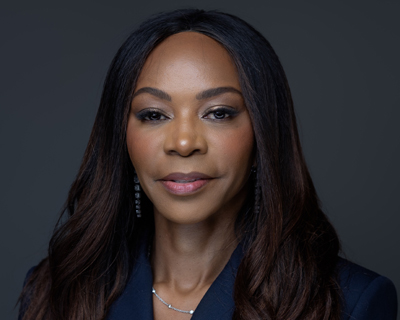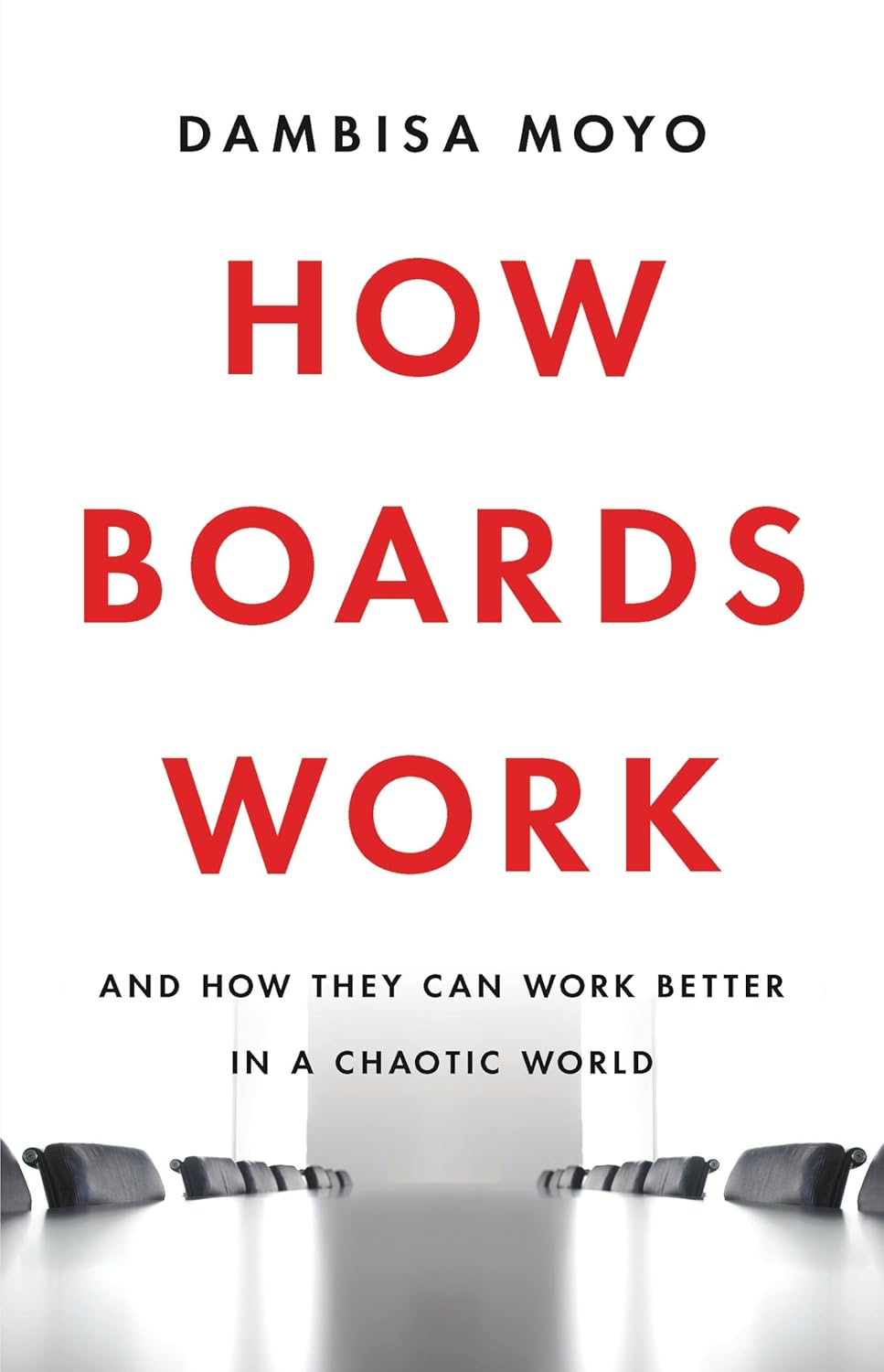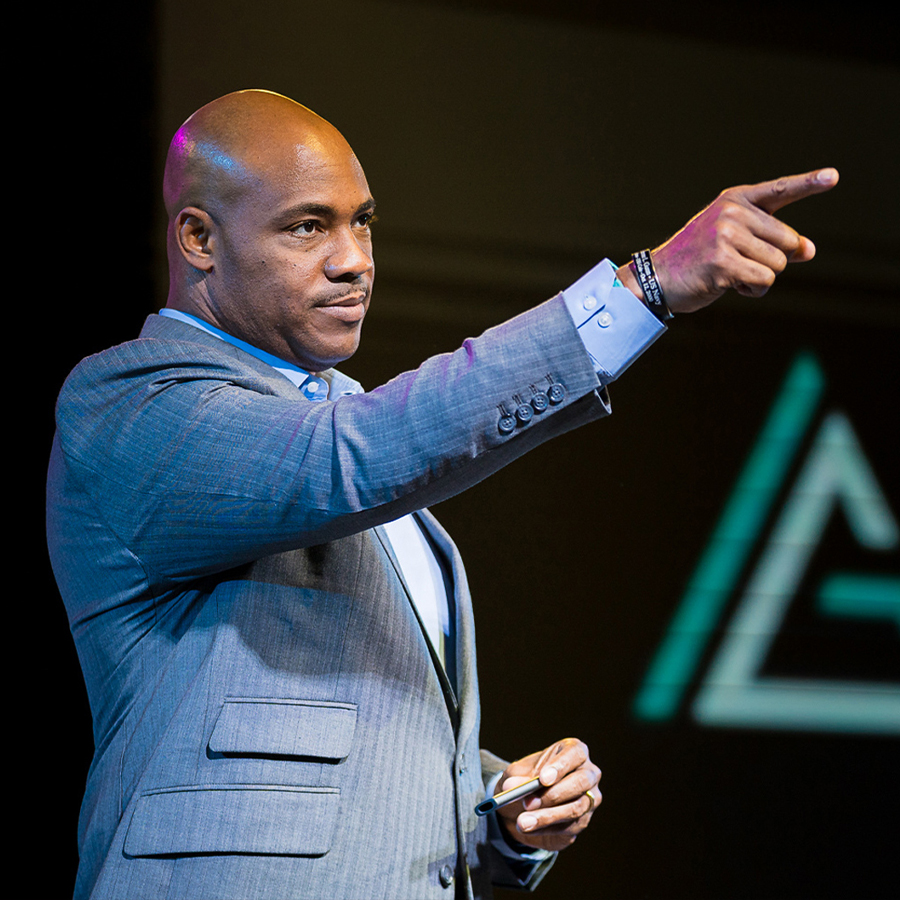Dr. Dambisa Moyo is a pre-eminent thinker, who influences key decision makers in strategic investment and public policy. She is respected for her unique perspectives, her balance of contrarian thinking with measured judgment, and her ability to turn economic insight into investible ideas.
Dambisa is a member of the United Kingdom’s House of Lords. She is a principal of Versaca Investments – a family office focused on growth investing globally. She serves on a number of global corporate boards including Chevron, the National Geographic Society and the Oxford University Endowment Investment
Committee. She is a member of The American Academy of Arts and Sciences. She holds a PhD in economics from Oxford University and a Masters degree from Harvard University, and is recognized for fresh and innovative ideas as the Author of five bestselling book on the global macroeconomy and geopolitics. Her newest book “How Boards Work” was ranked number 5 on the Wall Street Journal best business book list.
• How Boards Work And How They Can Work Better in a Chaotic World (2021)
• Edge of Chaos: Why Democracy is Failing to Deliver Economic Growth and How to Fix It (2018)
• Winner Take All: China’s race for Resources and What it Means for the World (2012)
• How the West Was Lost: Fifty Years of Economic Folly and the Stark Choices Ahead (2011)
• Dead Aid: Why Aid is Not Working and How There is a Better Way for Africa (2009)
Dambisa is an honorary fellow of the Foreign Policy Association, member of the Bretton Woods Committee and member of Trilateral Commission. Dambisa was named to the list of Time Magazine’s 100 Most Influential People in the World; has published in the Financial Times, WSJ, Barrons, Harvard Business Review and has travelled to over 70 countries. In her spare time, she runs marathons and practices Pilates.
















